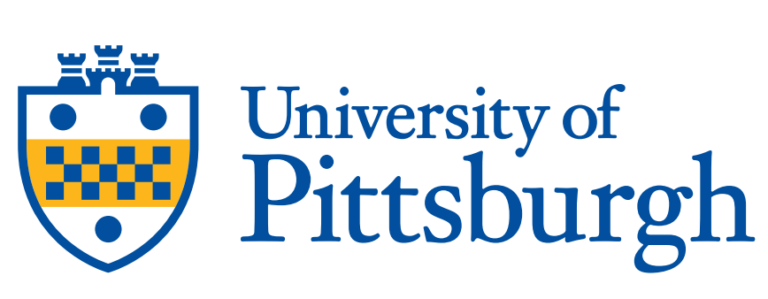
Adolescent Brain Development
Research Study
Researchers at The University of Pittsburgh are interested in learning how teenagers’ brains change as they get older and become adults. Kids ages 10-17 are encouraged to participate and may earn up to $795 for completing the study.

Fast Facts
10-17 Years Old
No history of brain injury
Compensation Provided
conducted in the greater Pittsburgh, PA metro area

Study Background
Researchers at The University of Pittsburgh are researching adolescent brain development. The teenage years are a critical period for brain development.
The purpose of this research study is to better understand how brains develop. We are interested in learning how teenagers’ brains change as they get older and become adults. We want to learn about how one’s memory and the ability to plan and control one’s actions changes over time.
Help inform the research community of developmental findings that could potentially lead to a better understanding of normal development. Further research today and join our compensated study!

Study Background
Researchers at The University of Pittsburgh are researching adolescent brain development. The teenage years are a critical period for brain development.
The purpose of this research study is to better understand how brains develop. We are interested in learning how teenagers’ brains change as they get older and become adults. We want to learn about how one’s memory and the ability to plan and control one’s actions changes over time.
Help inform the research community of developmental findings that could potentially lead to a better understanding of normal development. Further research today and join our compensated study!
Additional Information
You may qualify for this study if you meet the following criteria:
Key Criteria:
Ages 10-17
No history of brain injury
Able and willing to undergo MRI scanning (no non-removable metal in body, weigh less than 250 pounds, not claustrophobic)
Participation involves 3 in-person study visits, each of which take about 3 hours.
- During the first visit, your child will play computer games, answer questions, and complete some forms on paper or with a computer.
- During the second visit, your child will have a brief interview and a magnetic resonance imaging (MRI) scan while they watch videos and play games.
- During the third visit your child will have an electroencephalogram (EEG) scan. EEG measures brain activity, and MRI takes pictures of the brain. Both procedures are not invasive and do not involve radiation.
The study is longitudinal, so your child would be invited to come back for follow-up visits at 18- and 36-months, during which they would complete a similar set of procedures.




